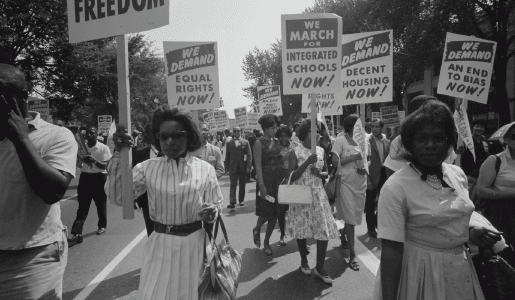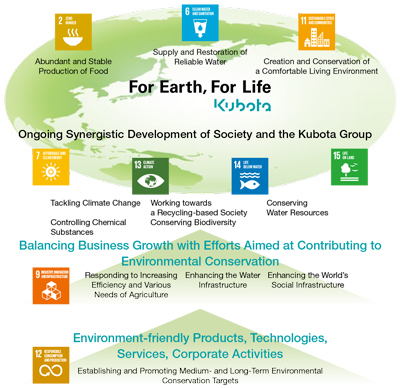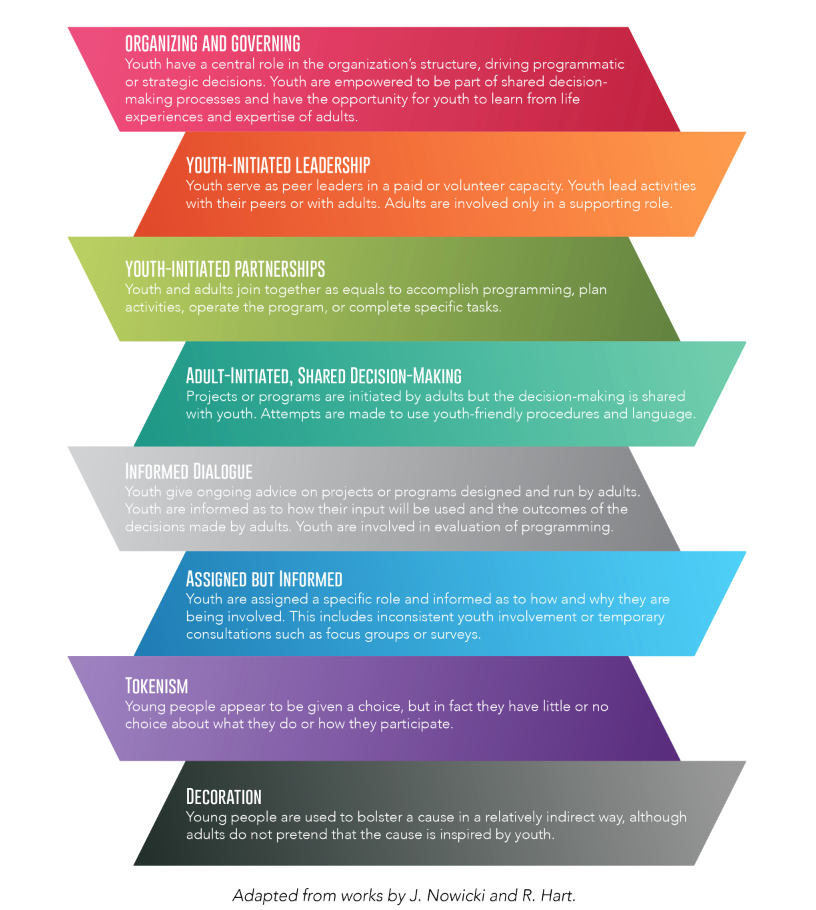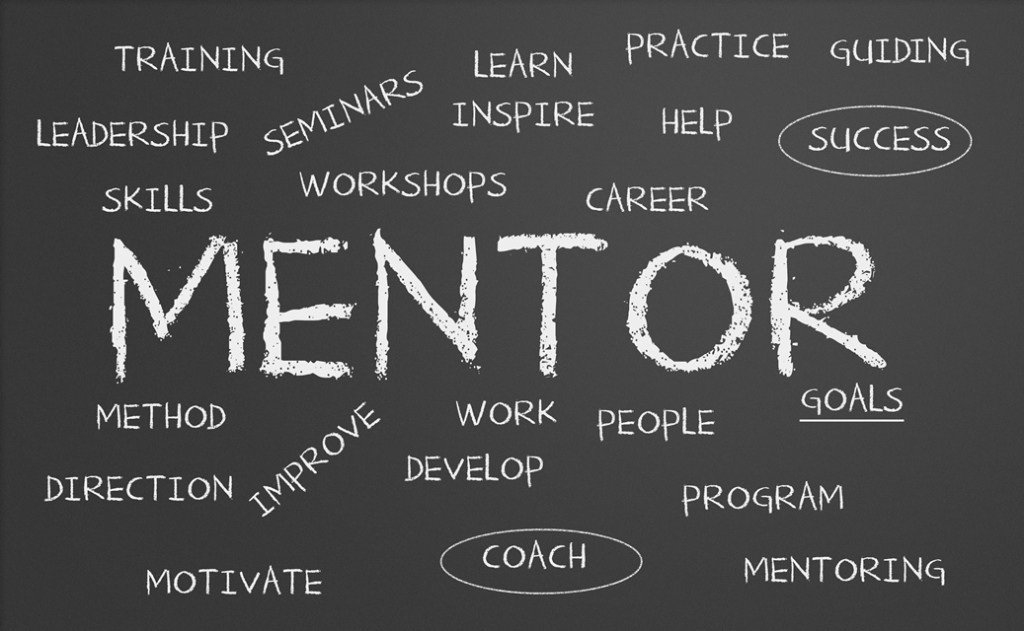Standing Up for Civil and Human Rights – Making a Difference Through Activism
In today’s world, civil and human rights issues continue to persist, calling for individuals to step up and make a difference. Activism plays a crucial role in bringing about meaningful change and ensuring equality and justice for all. By standing up for civil and human rights, we not only create awareness but also inspire others to join the fight. In this blog post, we will explore the importance of activism and provide actionable ways to make a difference.
1. Understand the Issues:
To make a significant impact, it is crucial to gain a comprehensive understanding of civil and human rights issues. Research and educate yourself on various topics such as racial justice, gender equality, LGBTQ+ rights, immigrant rights, and environmental justice. Stay updated with current events, read reputable news sources, and follow reputable organizations dedicated to these causes.
2. Join or Start a Movement:
One of the most effective ways to make a difference is by joining or starting a movement. Find local or national organizations that align with your values and offer opportunities for activism. Attend rallies, protests, and community events to show your support. Alternatively, you can start your own movement by identifying a specific issue and rallying others around it.
3. Utilize Social Media:
Social media platforms have become powerful tools for activism, allowing individuals to reach a wide audience and amplify their messages. Use platforms like Twitter, Instagram, and Facebook to share informative content, personal experiences, and calls to action. Hashtags and tagging relevant organizations can help increase visibility and engage with like-minded individuals.
4. Engage with Elected Officials:
Your voice matters! Contacting your local, state, and federal elected officials is an effective way to express your concerns and demand change. Write letters, make phone calls, and attend town hall meetings to hold them accountable. Collaborate with other activists to create petitions and organize campaigns targeting specific lawmakers or government agencies.
5. Support Minority-Owned Businesses:
Promote economic equality and uplift marginalized communities by supporting minority-owned businesses. By consciously choosing to purchase goods and services from these businesses, you contribute to their growth and empowerment. Spread the word about them through social media or local community forums to encourage others to do the same.
6. Foster Empathy and Inclusion:
Creating a more inclusive society starts with fostering empathy and understanding. Engage in conversations with people from diverse backgrounds, listen and learn from their experiences. Challenge your own biases and prejudices and actively work towards becoming an ally for marginalized communities. Educate others about the importance of empathy and inclusion.
7. Volunteer and Donate:
Support organizations that are actively fighting for civil and human rights by volunteering your time or making donations. Nonprofits and grassroots organizations rely on volunteers to carry out their missions effectively. Whether it’s assisting with logistics, fundraising, or offering your professional skills, your contribution can make a difference.
Remember, creating change is a long-term commitment. Stay engaged and informed, continuously educate yourself, and adapt your activism strategies as needed. By standing up for civil and human rights, both on and offline, we can make a lasting impact on our society, building a more just and equal world for future generations.











